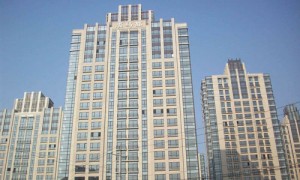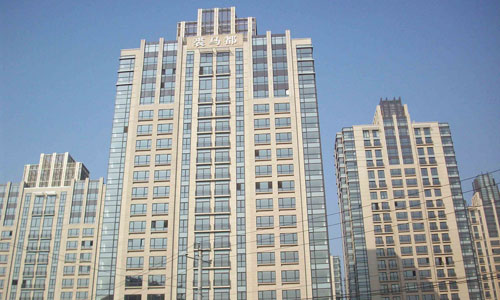 Ongoing corporate hiring and expanding accommodation requirements underpinned the Asia Pacific office leasing market in 2Q11, according to new research from Jones Lang LaSalle in their recent Asia Pacific Office Index. Aggregate net take-up across major Tier I markets was at a similar level to the previous quarter, but improved 28% year-on-year and remains close to record levels.
Ongoing corporate hiring and expanding accommodation requirements underpinned the Asia Pacific office leasing market in 2Q11, according to new research from Jones Lang LaSalle in their recent Asia Pacific Office Index. Aggregate net take-up across major Tier I markets was at a similar level to the previous quarter, but improved 28% year-on-year and remains close to record levels.
Vacancies trended down in many cities in 2Q11, and office rentals rose further in most markets outside of North Asia, albeit at a slower rate. Of the 27 featured office markets, 15 saw an increase in net effective rents during the quarter, while for the remainder rents stabilised or recorded small residual declines. Aggregate rental growth was largely similar to the previous quarter, with an average quarter-on-quarter increase across the region of 2.4%. In 1Q11, quarterly rental growth averaged 2.5%.
Jeremy Sheldon, Head of Markets in Asia Pacific for Jones Lang LaSalle says “Activity levels remain strong especially amongst the Asian Corporate sector. The continued re-emergence of Southeast Asia led by Indonesia is very encouraging. The MNC sector, especially in the finance arena, is again having a strong push on costs and cost saves wherever possible. We could see a slowing in leasing activity toward the end of the year from MNC’s depending on global economic and sector influences.”
Rents in Beijing and Jakarta saw the largest q-o-q increases (+15.2% q-o-q and +14.6% q-o-q) in 2Q11, as vacancy levels fell rapidly in both markets. Among the major financial centres, growth in net effective rentals in Hong Kong and Singapore moderated to 6.6% q-o-q and 1.7% q-o-q, respectively, largely due to slower expansion of financial institutions and as some returning space emerged. Rents in Shanghai grew by 4.6%, as MNCs and domestic corporates drove strong spatial demand. In the twelve months to end-2Q11, Hong Kong and Jakarta delivered the strongest rental performance, with growth of around 30%.
Net effective rentals in Tokyo fell further by 0.4% as gross rents continued to decline while rent-free periods remained unchanged after the recent crisis. In a few other markets where tenant demand remains weak, rents have either stabilised (e.g., Taipei) or are seeing further declines (e.g., Seoul, Kuala Lumpur, Bangkok). Average rents in Australia and New Zealand generally saw moderate movements, both positive and negative during the quarter. Perth recorded the largest quarterly increase of 5.0%.
Although investment activity moderated in 2Q11, most major markets outside of North Asia and a few South East Asian locations saw either stable or increasing capital values. Capital values in Beijing and Jakarta recorded the largest q-o-q increases, increasing by 17.1% and 14.7%, respectively. Hong Kong, Shanghai and Bangalore followed with quarterly increases of 4.6 to 9.1%.
Across the region, the average quarterly increase in capital values moderated to 2.4%, compared with 3.1% in 1Q11. Again Hong Kong outperformed on a year-on-year basis, recording a 44% increase in capital values on the back of strong buying activity, largely by local investors.
Stuart Crow, Head of Asia Pacific Capital Markets for Jones Lang LaSalle in Asia Pacific says “Investors continue to be attracted to the region’s growth prospects. Despite continued uncertainty in the global economy, the Asia Pacific real estate markets have remained resilient in the past six months. Pricing growth and transaction volumes are starting to stabilize which is not necessarily a bad thing, after the huge volatility in the past three to four years.”
We expect leasing demand to remain solid this year, while vacancies are still set to rise in some markets over the next few quarters due to ample supply additions. Consistent with strong fundamentals, the regional office market is now largely landlord favourable. Rental growth of up to 45% is expected across the region for the full year, with the strongest growth likely to be seen in supply constrained markets such as Hong Kong, Beijing and Jakarta. Rents in Tokyo are forecast to correct until end-2011 with an annual decline of up to 5% as corporates are under strong pressure to save on costs. A few other laggards are also likely to see either no growth or some residual rental declines.
Capital values are expected to increase in nearly all markets outside of North Asia during 2011, by up to 45% for the full year, on the back of rental growth and investor confidence. Markets expected to see the strongest growth include Hong Kong, Jakarta and the China Tier I cities.





